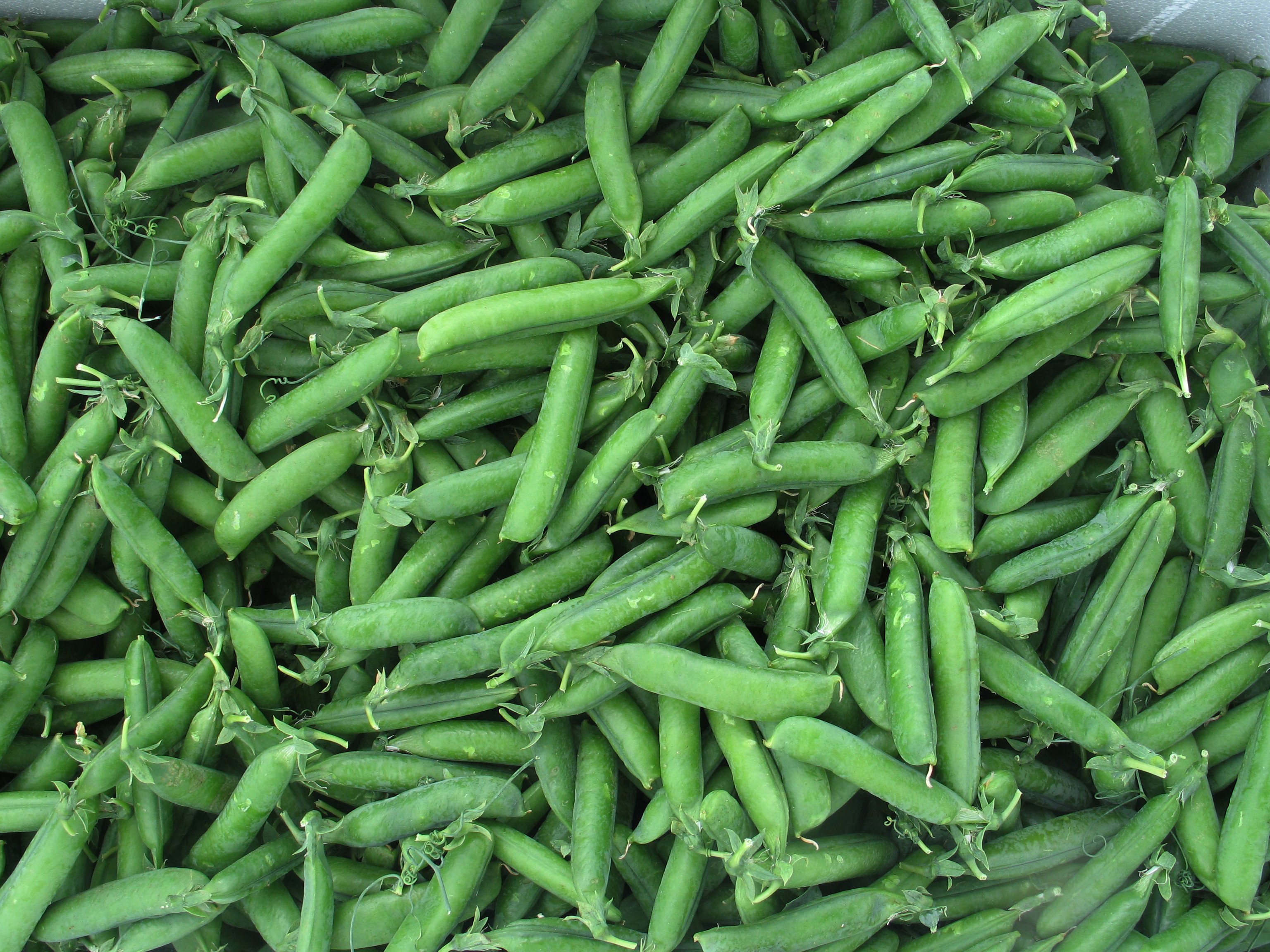PEAS AS A PROTEIN SOURCE IN FOODS
Peas are found in all shapes and sizes, they are adapted to the Danish climate and are full of protein. However, they seem to have fallen into oblivion. Now, the framework is described for a new initiative to study the potential of peas as an alternative to animal protein in foods.

Peas and other protein crops have long been in focus as protein sources in animal feed, and now the potential of peas as a replacement for animal protein in human foods will be examined.
Science Leader Hanne Lakkenborg Kristensen, Department of Food Science at Aarhus University, is in charge of the new initiative and she explains:
- It seems obvious to study plant protein sources for foods, when considering the current climate agenda. It’s a fact that we have to find alternatives to animal protein in order to reduce the climate impact from global food production as well as to feed the growing world population. Going from animal to plant-based protein sources entails significant climate and environmental benefits, and consumers increasingly demand it. I look forward to this enrichment of the Nordic kitchen.
Hanne Lakkenborg Kristensen explains why peas are in focus:
- In Scandinavia, peas have a fantastic history. A few hundred years ago, peas were a widely used food in Denmark and peas were an important protein source for the rural as well as the urban population. Back then, a large variety of peas were grown; today, however, we only know dried split peas and green peas, fresh or frozen and with or without pods. Therefore, it seems obvious to study whether peas may have a revival in our diets. Peas have excellent growing conditions in our part of the world, they have a positive effect in the crop rotation, and the Scandinavian climate ensures a high quality.
The entire chain
Based on a series of ongoing activities in the three departments, the purpose of P-FOOD is to examine relevant aspects of peas and other legumes as protein sources for humans along the entire chain: which varieties to grow and how, optimal management after harvest, health profile of peas and how to optimize this, what do consumers think of pea-based products, which pea products – at various levels of processing ranging from fresh or slightly preserved peas via snack products to pea flour – can you imagine? And how may pea-based ingredients with specific purposes be part of the large-scale food industry?
The industry is ready
Pea flour and plant-based minced meat are becoming increasingly popular in the food industry, and more companies are eager to introduce and product develop locally grown plant protein, e.g. from peas and faba beans, as a green and sustainable alternative to animal protein. They do this both to strengthen the sustainability profile of the products and to meet the major consumer demand.
Interdisciplinary cooperation at AU
The iFOOD Centre was established in 2017 as one of a series of interdisciplinary centres at AU. Hanne Lakkenborg Kristensen explains the iFOOD Centre’s role:
- It is very important that iFOOD encourages interdisciplinary research at AU as in the case of P-FOOD. iFOOD provides the necessary support to initiate new cooperation relations and create a forum for increased interdisciplinary cooperation within the food area.
The iFOOD grant will cover a Postdoc employment for a period of three months. Thayna Mendanha from Brazil, who is currently finishing her PhD in Department of Food Science at AU, will fill the Postdoc position with the aim of maturing ideas for applications in the area.
iFOOD has financed a pilot project, P-FOOD, and via interdisciplinary participation from AU FOOD, AU HEALTH and the AU MAPP Centre, P-FOOD will describe the framework for a major initiative to study the potential of peas as a protein source in foods.
| P-FOOD Partners: Department of Food Science, AU: Head of Section Hanne L. Kristensen, Senior Researcher Marianne Hammershøj, Head of Centre Lotte Bach Larsen, Associate Professor Trine K. Dalsgaard, Post doc. Jesper M. Schmidt, PhD student Thayna Mendanha Department of Public Health, AU: Professor Kim Overvad, Associate Professor Mette Hansen, Department of Management – MAPP Centre, AU: Associate Professor Jessica Aschemann-Witzel, Associate Professor Marija Banovic |
|---|
